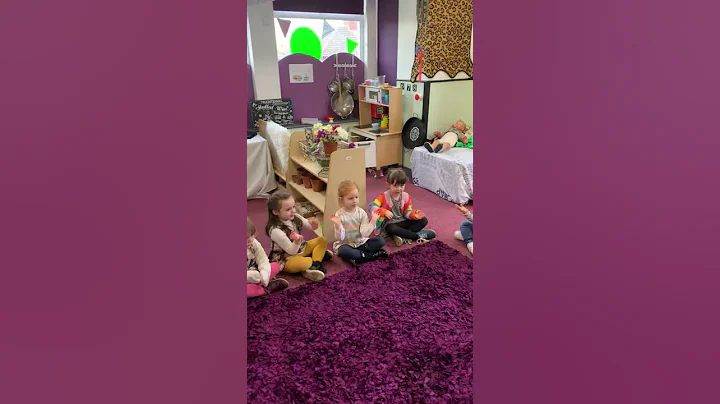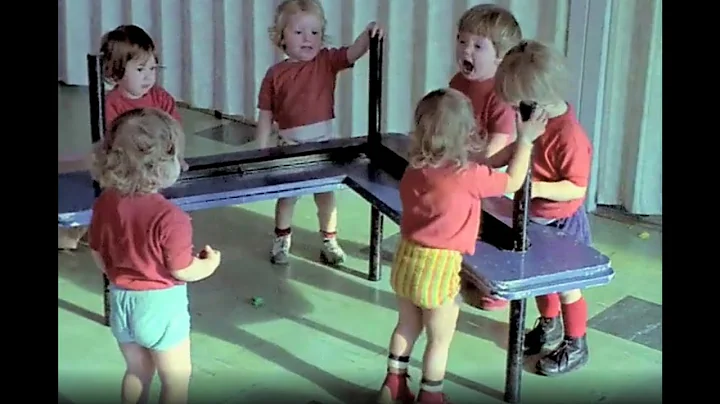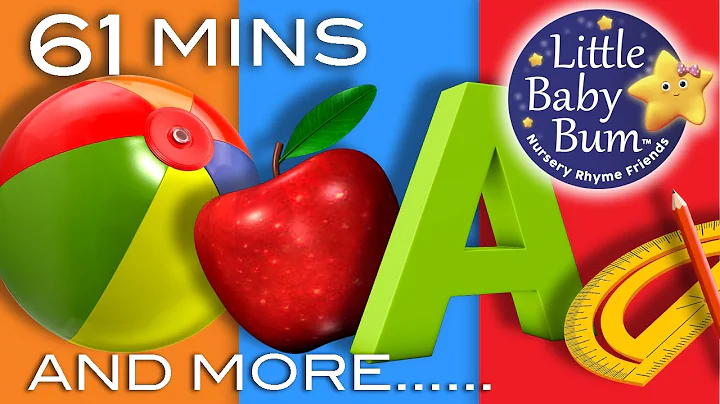I read an article two days ago. A mother asked, "Why do I hate my child as he grows older?" Most of the answers below expressed the same sentiment, especially when the child is in the second or third grade of elementary school. Parents The "dislike" of children will suddenly become more frequent.

In a documentary, a mother takes care of her daughter with all her heart. When her daughter was young, she really won her heart. She was well-behaved, sensible, and considerate. But as her daughter grew older, the mother began to feel that she "less loved her daughter", and her daughter was not as close to her mother as before, and even had to deliberately confront her mother about many things.
The conflicts that had accumulated over time finally broke out after a quarrel with her daughter. The mother felt frustrated and felt that her daughter was getting farther and farther away from her. She also began to "give up" on her daughter and no longer loved her as much as before. Daughter.
The cause of the matter is this. After the first class of kindergarten, in order to help her daughter exercise better, her mother stipulated that her daughter must skip rope for an hour every night. The mother also set an example and practiced with her daughter every day. At the beginning, my daughter was very interested in skipping, and she was accompanied by her mother. Sometimes I don’t want to jump anymore, but seeing my mother still insisting, the child grits his teeth and persists.
But after more than a year, the child began to find various reasons to refuse to skip rope. The mother patiently tried to persuade her at first, but later found that her daughter did not just want to jump occasionally, but simply wanted to give up. The mother became anxious and finally because A quarrel broke out with her daughter, and the relationship between mother and daughter took a turn for the worse.

In the first half of watching the documentary, we can indeed feel the mother's meticulous love for her daughter. However, as the children grow up, something seems not quite right. The mother is still the same mother, and the daughter is still the same daughter, but they The atmosphere between them has changed very subtly. The mother is still the same mother, but the daughter is no longer the daughter.
Why do parents gradually feel that their children become "annoying" as their children grow older? The reason is that parents have these three psychological tendencies:
Sense of loss of control
When children are young, they are soft and waxy, and the parents will listen to what they say. Although sometimes they will lose their temper and cry, most of the time, as long as the parents Put on a "posture" and the child will still accept our orders. This gives us an inexplicable sense of "control" over our children. As long as the children are obedient, we are happy. As long as the children are disobedient, I will be angry.
This is actually related to our loss of control.
People are born with a need for a sense of control. People who do not have a sense of control are either powerless or angry. Putting on children means that we require children to be "obedient". Because the sense of control we can get from the external world is too little, we can't help but control our children, trying to get back a little "sense of control" from the children's "obedience". Therefore, once the children are not controlled, we will become furious.
Just like the mother in the documentary, we cannot deny her maternal love, but we can also see that her maternal love is more based on the child being "controlled" by her, that is, the child is obedient and sensible. And when the child begins to have his own ideas and does not want to obey the mother's arrangements for everything, the mother's "love" begins to collapse.

Feeling of powerlessness
In fact, the feeling of losing control and the feeling of powerlessness are very similar, but there is still a big difference upon closer inspection. The feeling of powerlessness is usually accompanied by the feeling of losing control, but losing control sometimes does not necessarily lead to powerlessness.
Loss of control and inner powerlessness can lead to "disgust" emotions towards children, but the expression methods are very different.
People who are out of control will be angry and will try every means to regain control, but the most common manifestation of powerlessness is discouragement and a lack of love. Parents whose is out of control will have a deep "victim mentality". They feel that they have worked hard for their children, but their children do not appreciate it. They really shouldn't, so they will lose their temper with their children.
For powerless parents, what you do is your business. I can't control you and I don't want to control you anymore. They show more indifference and alienation.

Sense of loss
There is another hidden tendency that is easy to overlook. This is the "sense of loss" that parents feel when their children are about to grow up, become "another person", and leave their parents.
From the perspective of the evolution of human psychology, people are born with an independent tendency and do not want to be controlled. Therefore, the process of children's growth is actually a process of gradually being separated from their parents. This separation is not only physical, but also psychological. .
But for some parents, it is difficult to withdraw gracefully from their children's lives, especially those who are used to controlling their children all their lives and arranging everything for their children.
When children grow up and no longer need their parents, parents will have an imperceptible "sense of loss". When this sense of loss is appropriate, it is not necessarily a bad thing, but an excessive sense of loss will cause parents to "Dislike" of children.
An appropriate sense of loss is actually a defense mechanism in our hearts, helping us to slowly accept the independence of our children, so as not to make our parents' lives unsustainable because of the child's departure.
But excessive defense will go in the opposite direction, treating the child's departure as a "betrayal", which will trigger our "resentment" and make parents feel that the older the child grows, the more they will hate him (her).
is written at the back:
These three psychological tendencies are sometimes very obvious, and sometimes they are not easy to detect. Just like the mother in the documentary, her sense of loss of control was very obvious. Later, the accompanying feeling of powerlessness made her The distance from my daughter is getting farther and farther.

But no matter which one it is, in the final analysis it is because we have a natural tendency to "value condition" our children. If a child is good and obedient, it means it is valuable and worthy of our love. If the child is disobedient, It is worthless and not worthy of our love. The mother in the
documentary may not have realized this herself. She thought she was doing it for her daughter's good and wanted her daughter to move forward along the path she designed. But when her daughter began to have a sense of independence and expressed her rejection, , her love began to "discount".
As parents, we all hope that our children can avoid detours, have a happy and healthy life under our own protection, and suffer less hardship in life. But many times, the hardships children endure are precisely what our parents give them.
The more we "love" our children, the higher our expectations for them. These "love and expectations" fall on the children's shoulders like snowflakes, and may eventually crush them.
Therefore, if you don’t want your child to “hate” him more and more as he grows up, let’s start by letting go of your own expectations.
I am @西子马马, a second-child mother with a master's degree in sociology, focusing on family education. Welcome to follow and get more parenting information.
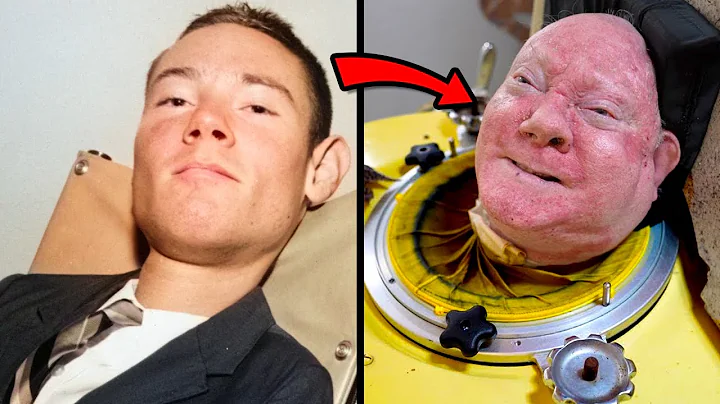

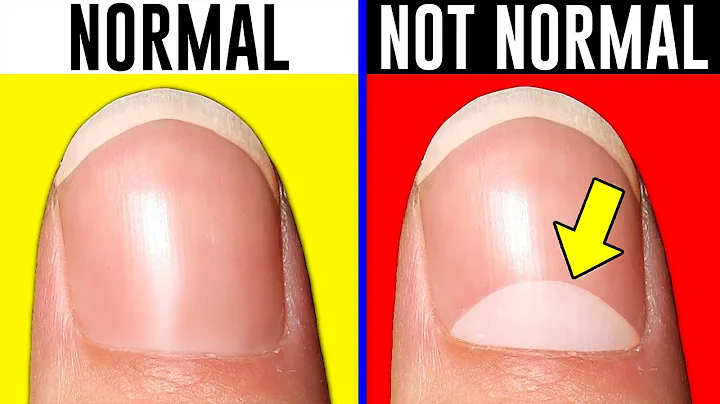

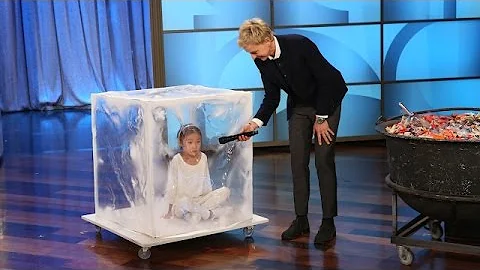





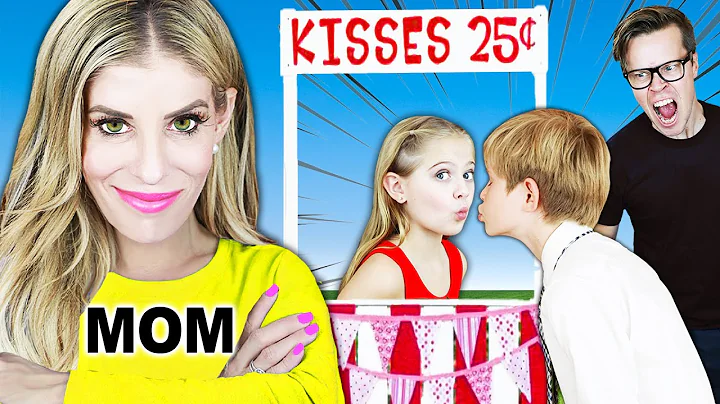
![[Source: Jiangxi Internet Radio and Television Station_Ganzhou Culture and Education] Carry out red education and inherit the red gene. In order to let children understand history and cultivate patriotism, recently, the No. 2 Nursery School of Zhanggong District and the No. 17 Nu - DayDayNews](https://cdn.daydaynews.cc/wp-content/themes/begin/img/loading.gif)
